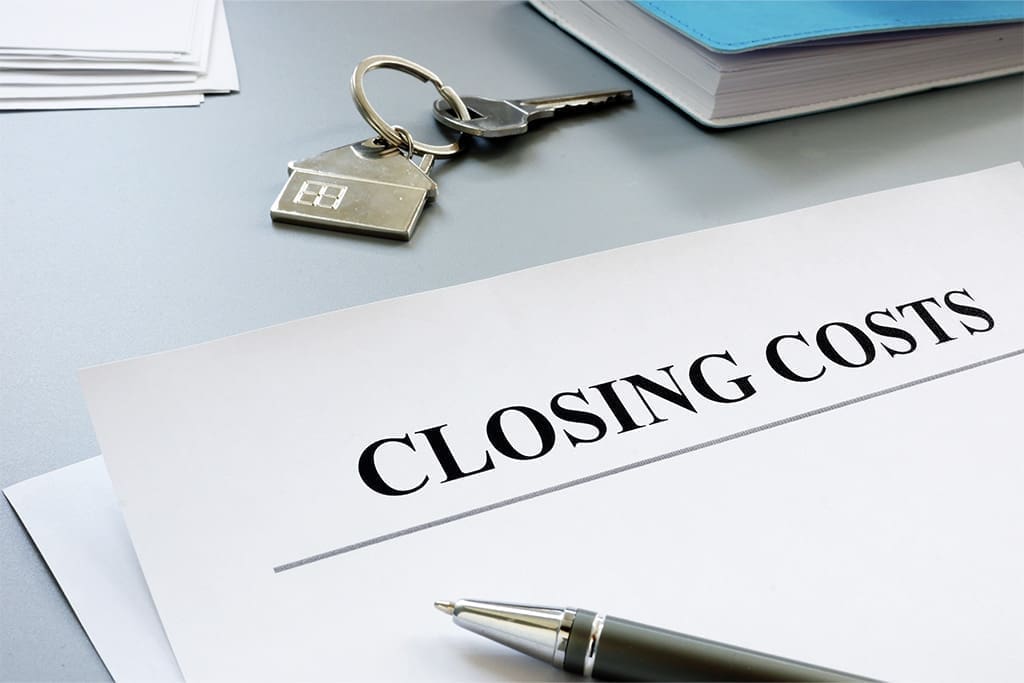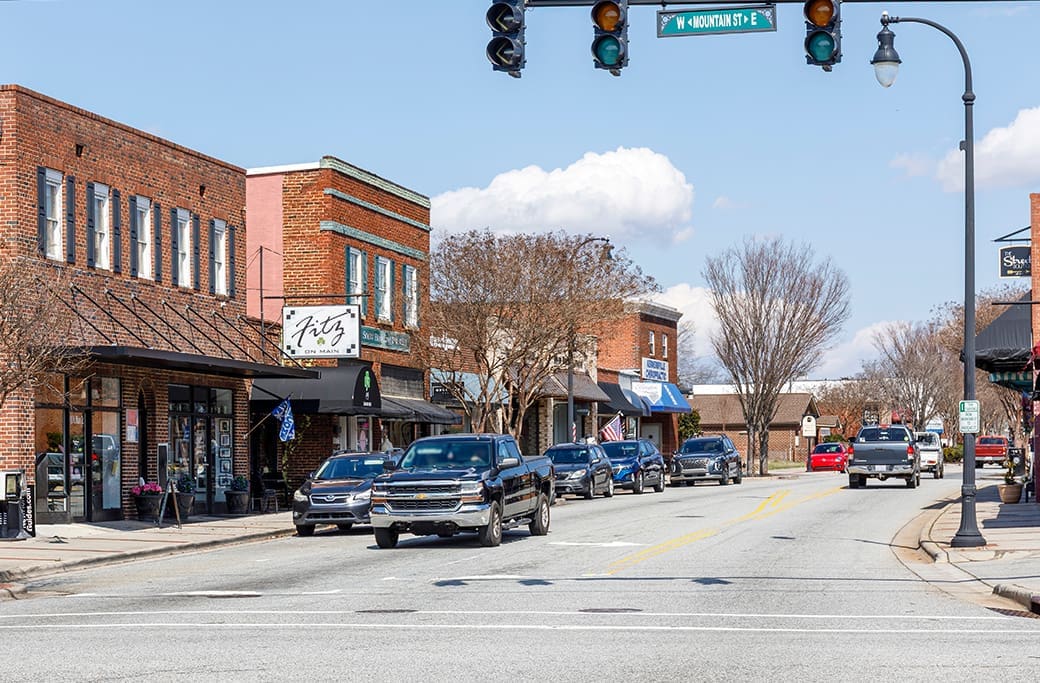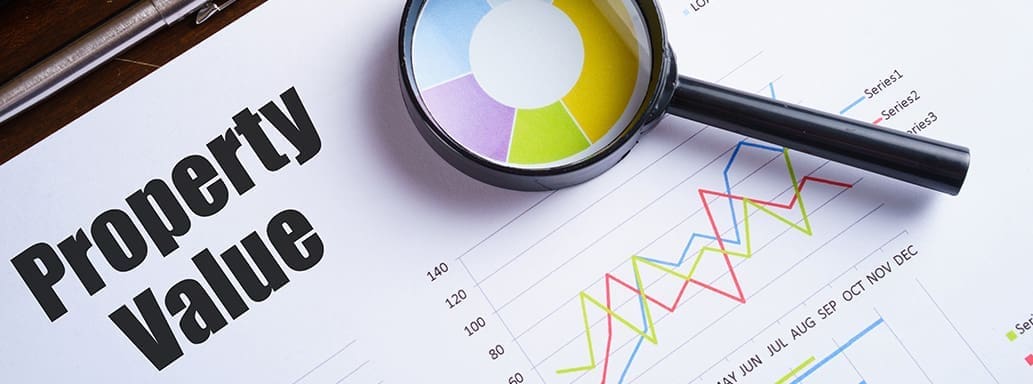
When it comes to buying or selling a home, many expenses need to be taken into account, including closing costs. Closing costs refer to the fees and expenses associated with completing a real estate transaction, such as appraisal fees, title insurance, and attorney fees, to name just a few. At first glance, the long list of expenses can be overwhelming, but knowing what to expect can help to make the process smoother and less stressful.
What Are Closing Costs?
Closing costs are the fees and expenses that buyers and sellers pay when a real estate transaction is completed. The costs vary depending on the location of the property and the terms of the sale. Some of the most common closing costs include:
- Appraisal fees – This is the fee to assess the property’s value, usually required by the lender.
- Title insurance – This is insurance that protects the lender and the buyer from unforeseen title defects that may arise.
- Attorney fees – A real estate attorney typically provides legal counsel and represents one party during the transaction.
- Home inspection fees – This is to ensure that the home is in good condition before the buyer moves in.
- Origination fees – A fee charged by the lender to process the loan application.
- Transfer taxes – Taxes paid to transfer ownership of the property from the seller to the buyer.
In addition to the expenses mentioned above, there may also be other fees associated with buying or selling a home. For example, if you are purchasing a new construction home, there may be additional builder fees. These can include things like architectural fees, landscaping fees, and community development fees. It’s important to clarify these potential extra costs with your real estate agent before finalizing a deal.
Another important aspect to consider when it comes to closing costs is the location of the property. Depending on the state and county, there may be specific taxes or fees that need to be paid as part of the closing process. These can vary greatly and may include transfer taxes, recording fees, and even local taxes on certain types of properties. It’s crucial to research and understand these potential costs beforehand to properly budget for them.
Home Closing Cost Process
Aside from the fees associated with the closing process, other expenses may arise during the home buying or selling journey. For example, if you are purchasing a home, you may need to cover the cost of a home inspection to ensure the property is free of any major issues or damages. Additionally, there may be costs related to obtaining a mortgage, such as application fees and appraisal fees. On the other hand, if you are selling a home, there may be expenses associated with making necessary repairs or upgrades to attract potential buyers.
It’s important for both buyers and sellers to carefully review all of these potential costs and factor them into their budget when considering a real estate transaction. It’s also helpful to work with an experienced and knowledgeable real estate agent who can guide you through the process and provide insight on any potential fees or expenses that may arise. By being aware of all the financial aspects involved in buying or selling a home, individuals can make informed decisions and avoid any surprises during the closing process.
Furthermore, buyers and sellers need to understand that some closing costs can be negotiable. For example, lenders may offer to cover certain fees or the seller may be willing to pay for a portion of the closing costs to close the deal. It’s always worth discussing these options with your real estate agent and negotiating them into the contract if possible. By doing so, you may be able to save a significant amount of money on closing costs.
How Much Can You Expect to Pay in Closing Costs?
The amount of closing costs varies, but on average they usually amount to between two and five percent of the purchase price. For a property that costs $200,000, the closing costs can be between $4,000 to $10,000. However, it is essential to note that some fees and taxes may be negotiable, while others aren’t. It is advisable to work with an experienced real estate agent to understand which fees are negotiable and which ones aren’t.
How Can You Lower Your Closing Costs?
There are several ways you can lower your closing costs, including:
- Negotiate with the lender: You may be able to negotiate with your lender to lower or waive some of the fees.
- Compare quotes from different service providers: Get quotes from different providers such as home inspectors and title insurance companies to compare costs.
- Shop for a title insurance provider: Homebuyers can choose their own title company and save money on the cost of title insurance.
- Ask the seller to pay for some of the closing costs: In some cases, sellers may be willing to cover part or all of the closing costs in order to close the deal.
- Take advantage of first-time homebuyer programs: Some states and cities offer assistance programs for first-time homebuyers that can help cover closing costs.
Who Pays Closing Costs?
The buyer or seller may pay the closing costs, depending on the terms of the sale. In some cases, the buyer and seller may agree to split the costs. In other cases, the lender may offer to pay some of the closing costs in exchange for a slightly higher interest rate. It’s important for both parties to discuss and agree upon the closing costs before finalizing the sale.
Home Closing Costs Explained
Closing costs are an essential but often overlooked part of real estate transactions. While they can add up to thousands of dollars, homeowners can work with an experienced real estate agent to minimize costs. The Ginther Group is here to help homebuyers and sellers navigate the complex process of buying or selling a home. Contact us today to get started!





